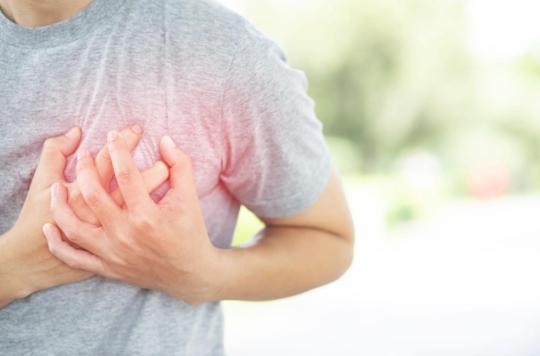Having high blood pressure during exercise and slow recovery are markers of significant risk for hypertension and cardiovascular disease later in life.
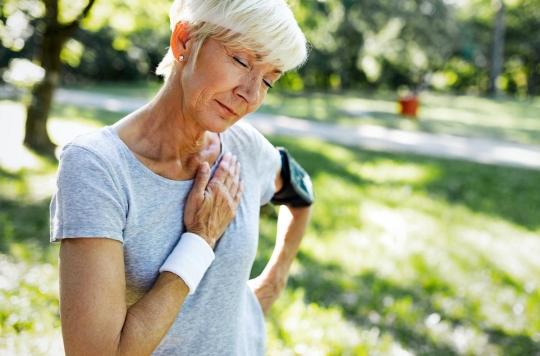
- Both systolic and diastolic blood pressure are associated with an increased risk of developing hypertension.
- Delays in recovery after exercise are associated with a higher risk of cardiovascular disease and death.
- Monitoring helps identify people at risk.
Blood pressure is an important marker for health. Arterial hypertension is also responsible for the greatest number of deaths and disabilities in the world. By regularly monitoring the absence of high blood pressure, it is possible to reduce cardiac complications. Researchers from the Boston University School of Medicine (USA) have noticed that too much blood pressure during exercise and a long time for it to come down after exercise are signs of hypertension and cardiovascular disease later in life. They published their results in the journal of theAmerican Heart Association.
Markers for the future
Researchers assessed the association of changes in blood pressure and recovery with indicators of preclinical disease in 1,993 participants from the Framingham Heart Study, which is a long-term epidemiological study on cardiovascular diseases. The average age of the volunteers is 58 years old, of which 53% are women. They followed these participants to assess whether these changes in blood pressure are associated with the risk of developing hypertension, cardiovascular disease or even death.
The results showed that both systolic and diastolic blood pressure are associated with an increased risk of developing hypertension. Delays in recovery after exercise are associated with a higher risk of cardiovascular disease and death. “How our blood pressure changes during and after exercise provides important information about the possibility of developing disease in the futureobserved Vanessa Xanthakis, professor of medicine at Boston University School of Medicine and researcher for the Framingham Heart Study. This can help investigators assess whether this information can be used to better identify people who are at higher risk of developing hypertension and cardiovascular disease, or dying later in life..”
Today, high blood pressure affects approximately 15 million people in France, or nearly one in three adults. According to the study Esteban published in 2015 by Public Health France, 36% of adult men are now hypertensive, compared to 25% of women. 60% of people over 65 suffer from this pathology. Figures that climb to 80% among those over 80 years old.

.









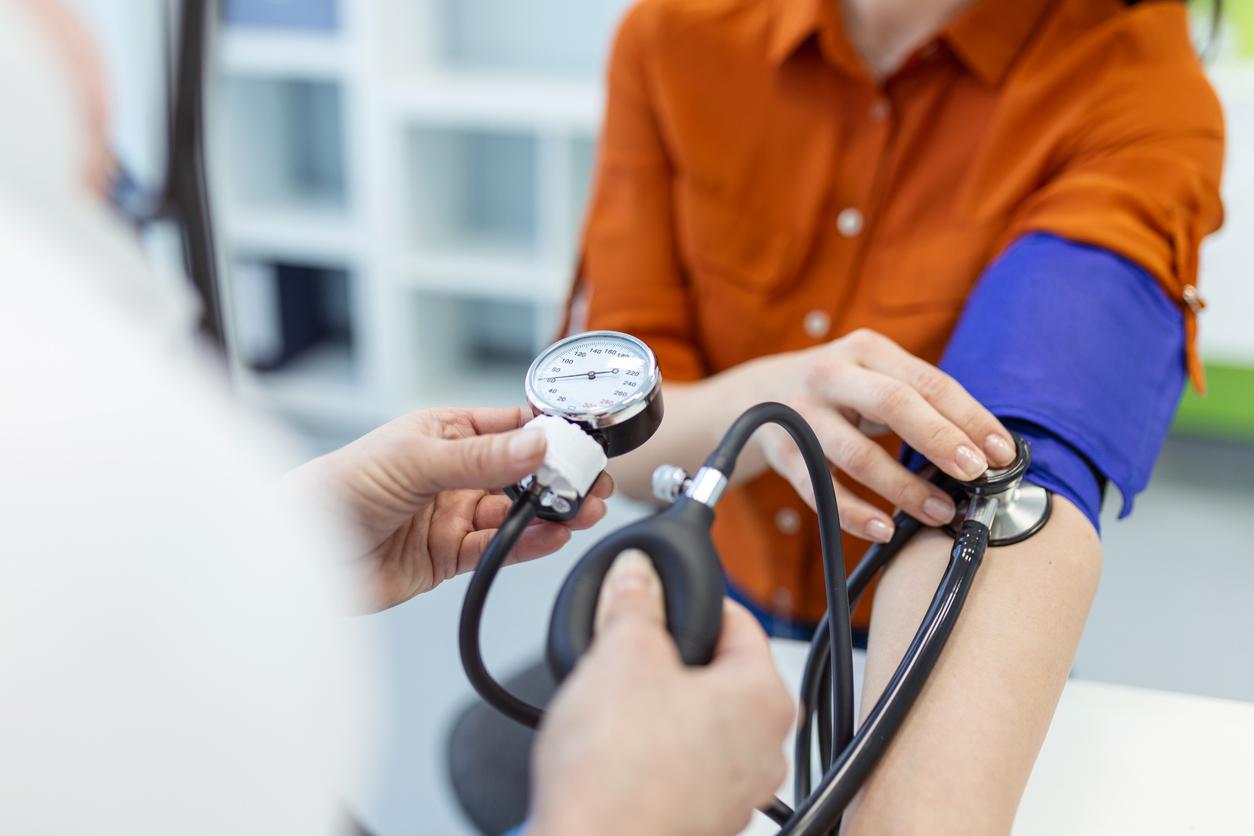
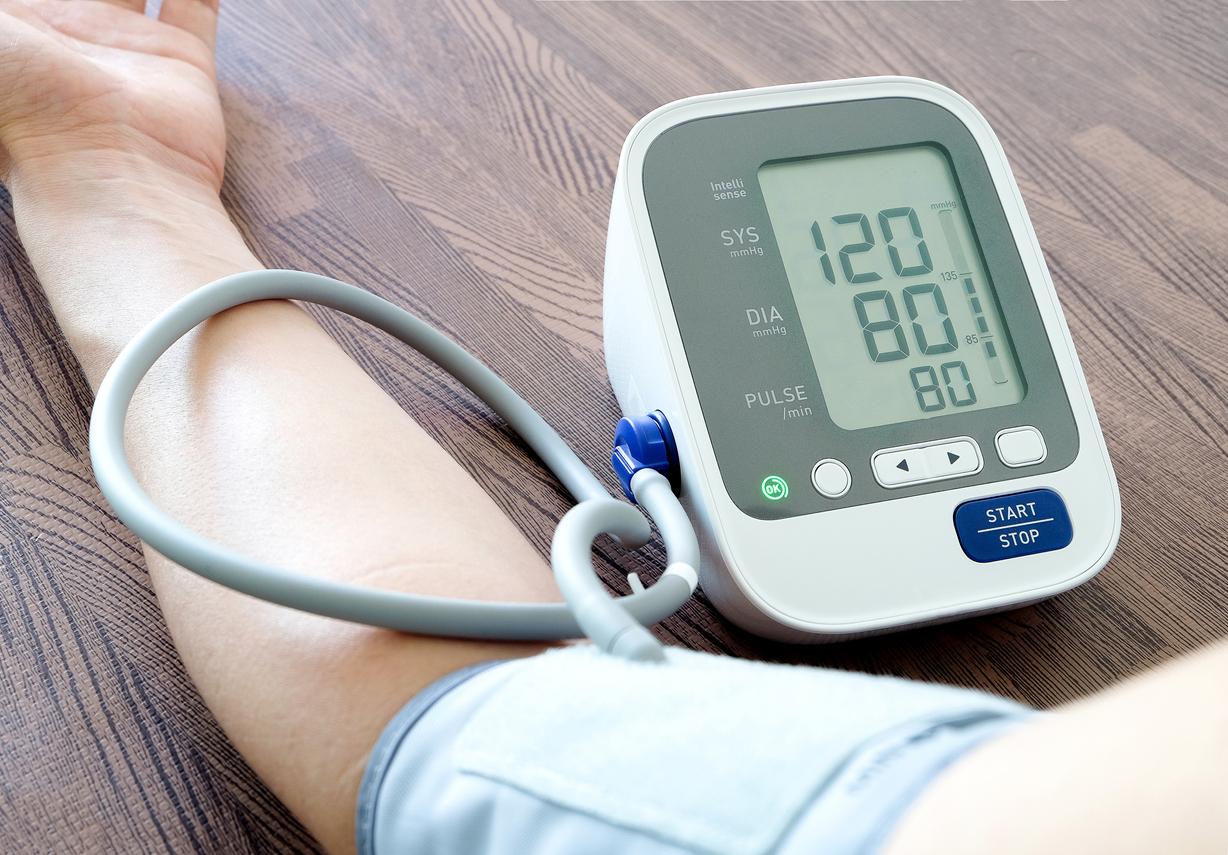
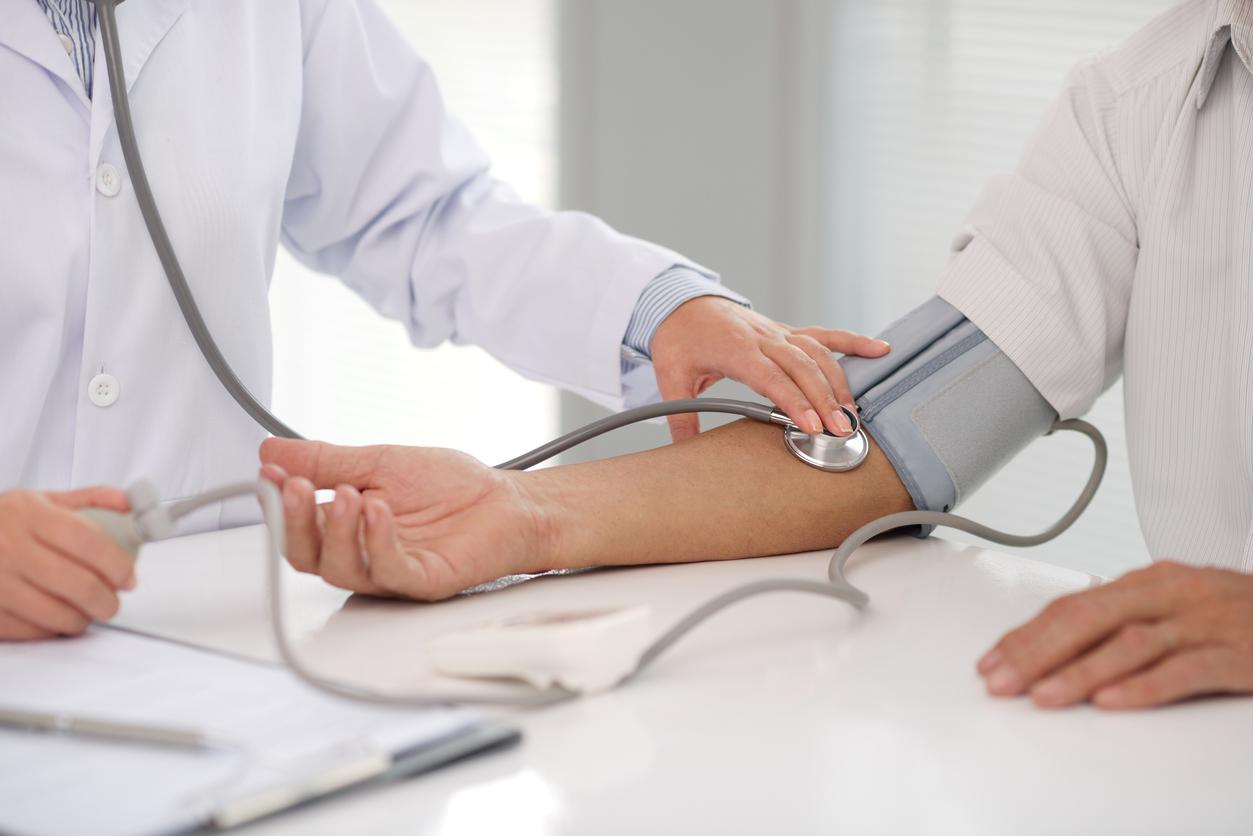

-1575282098.jpg)


